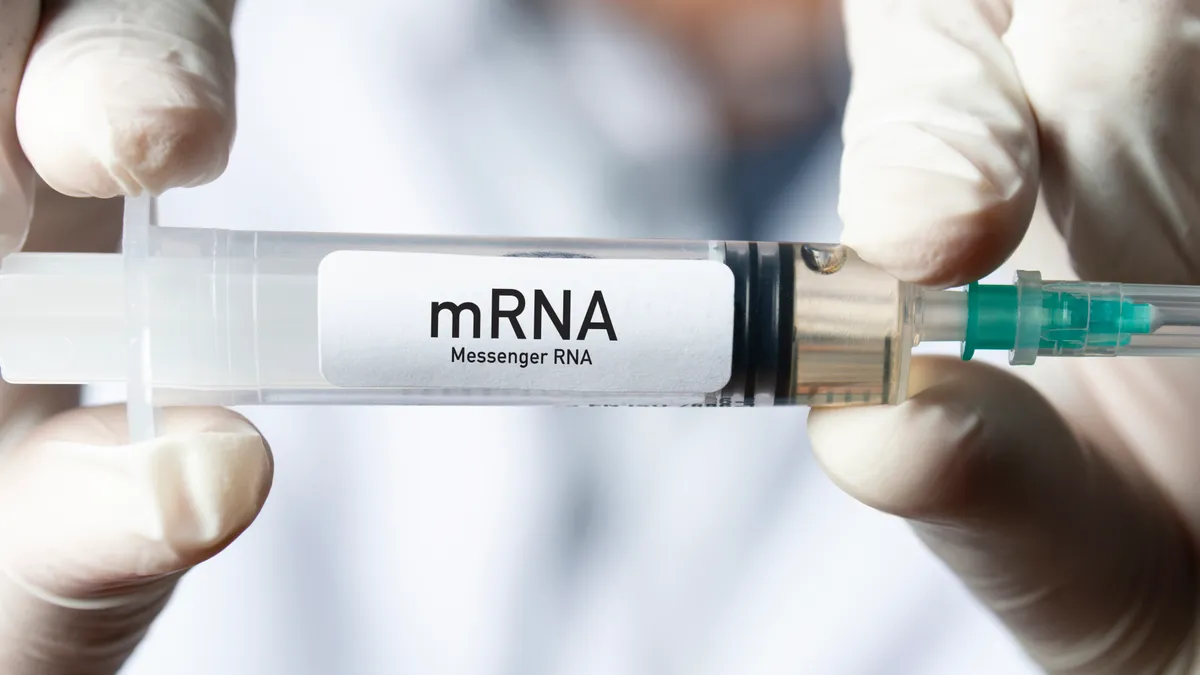Transforming U.S. Healthcare Quality Using CME VIEW on Medical Education August 2007 cme2 Cathy Pagano, Executive Director John Marlow, Chief Medical Officer We believe the mission of all CME needs to be elevated to a whole new level to be clinically meaningful. Looking ahead, a new model for evaluation and recertification; the delivery of more effective and targeted education; the growing importance of evidence-based outcomes; and the emerging pay-for-performance (P4P) model will reshape CME in years to come. Evolution of CME From Pass/Fail to Continuing Professional Development and Mastery Learning In the past, physician education, training, and recertification have been based on a highly competitive pass/fail system. The U.S. medical education system is in the process of being re-engineered. While physicians will continue to play an important primary role, they also will become members of a collaborative team approach to patient care. This shift in direction will require newer modalities of physician education, including self-paced learning and collaborative learning, in addition to the traditional instructor-led model. It’s vitally important that medical education is re-engineered to meet these challenges; one best practice to improving learning is the use of a mastery learning system. Outside the healthcare industry, training of highly skilled groups to increase overall mastery has often been found to be superior when a large-scale change in behavior and improvement in outcomes and quality are desired. The training of U.S. Navy Seals is an excellent example of how this model works. Simply stated, applying a mastery learning system will make the task of learning more effective and efficient, resulting in a greater degree of measurable application. When addressing major and important educational gaps, this application of learning results in the behavior change desired. Evidence-Based Optimization of Healthcare The evolution in CME from qualitative — how did you like the educational program — to quantitative — how did this increased knowledge result in improved patient outcomes — is a revolutionary step toward a more cost-effective and standardized approach to patient care. Through the application of a mastery learning system model, CME developers can determine precisely what the physician already knows. Subsequently, this information can be used to determine what physicians need to learn and in what sequence so they are equipped to apply this knowledge in their practices. Ultimately, this new knowledge benefits their respective patient populations. Additionally, understanding prelearning needs and evaluating postlearning achievement measurement is greatly improved and becomes far more rigorous and quantitative. CME and Patient Outcomes Increasingly, patients play a key role in their own health outcomes. Recent changes in AMA policy affecting CME encourage physicians to use medical education as a vehicle for identifying issues in their own patients and to develop and implement pertinent solutions. Strategies to effectively change and measure patient population outcomes are to incorporate new modalities of interventions that integrate CME into the process for the improvement of professional practice; use noneducational strategies; modify factors outside of the physicians control; overcome physician barriers to change; and offer CME as a bridge to other stakeholders, including academic institutions as well as in the context of the larger healthcare delivery system. CME and Pay for Performance On the heels of the managed healthcare model is an evolving model that commits to increasing compensation of physicians based on performance metrics, also called P4P. CME can play a role in P4P programs as well. The challenge for CME providers is to move from the fuzzy qualitative metrics of the past to hard quantitative metrics needed to successfully drive P4P forward. When addressing educational gaps that can have a major impact on morbidity and mortality, CME can play an instrumental role in transforming the practice of medicine and the quality of the U.S. healthcare system. cme2, Woodcliff Lake, N.J., the ACCME accredited medical educational subsidiary of Advanstar Communications Inc., provides outcomes-driven medical-education interventions based on its proprietary Mastery Learning System. For more information, call 201-571-2400.
An article from


Transforming U.S. Healthcare Quality Using CME
Filed Under:
Research & Development









